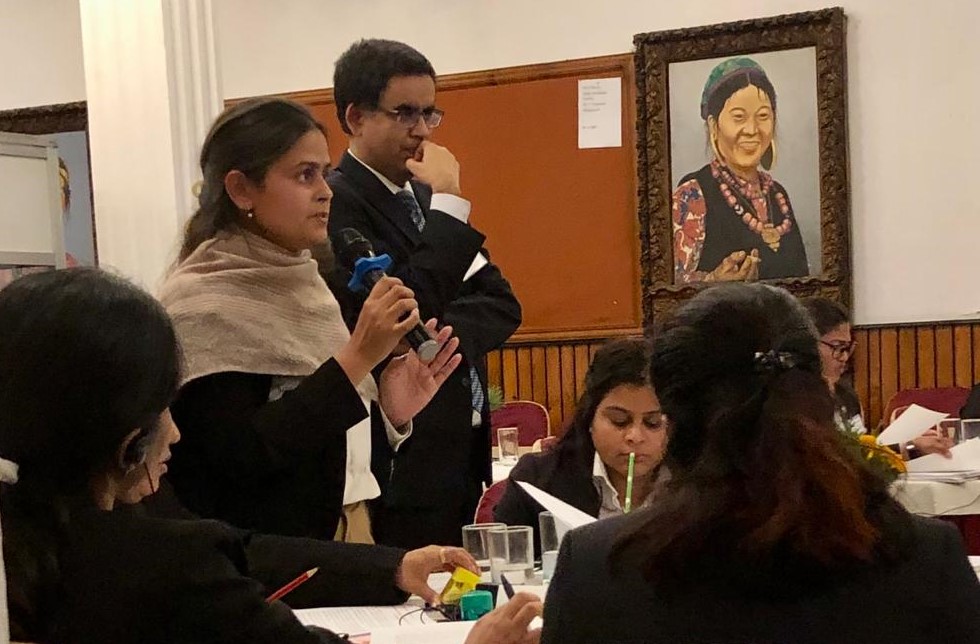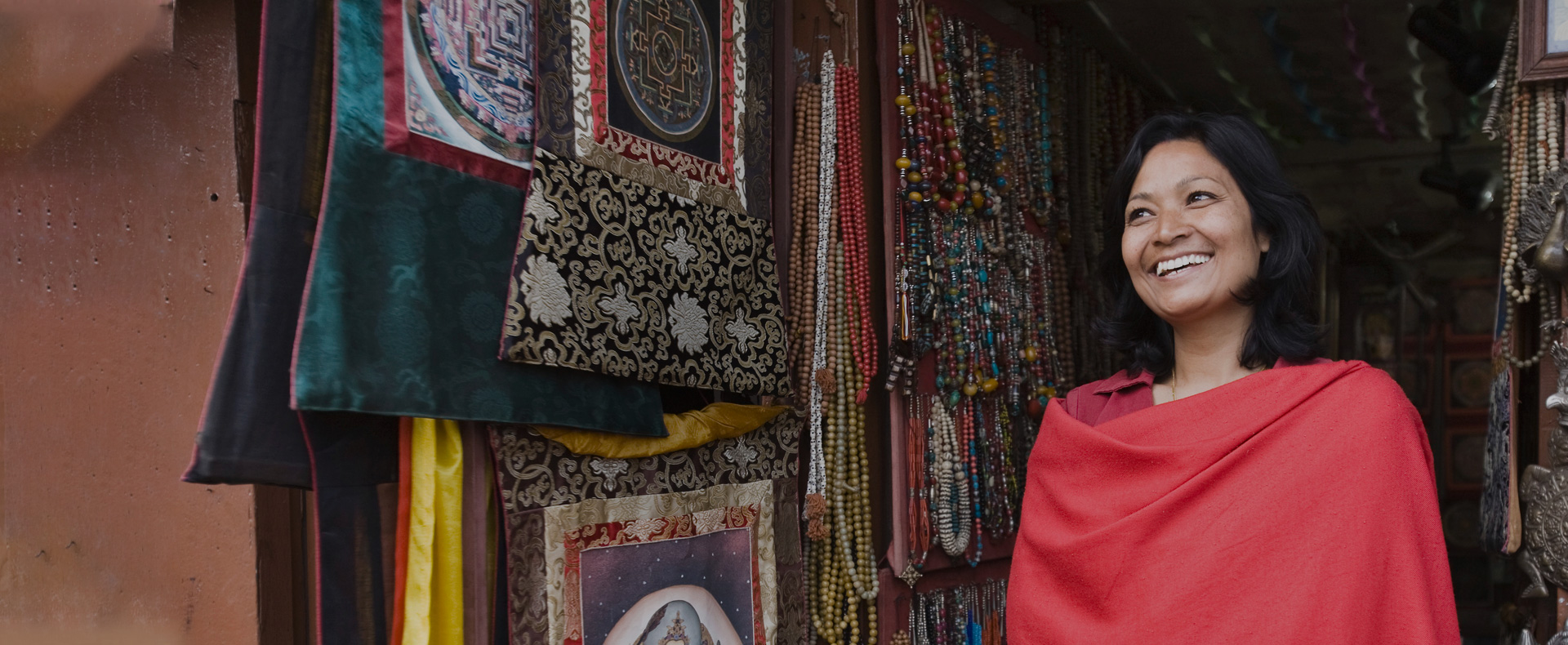An Effort to Enrich the Legal Profession at the Himalayan Foothills

Posted on 29 January 2024 by Roshan Bhattarai
DLA Piper’s New Perimeter, the Nepal Bar Association (NBA), and United Nations Development Program’s Nepal Access to Justice Project (UNDP) organized a training for Nepalese women lawyers during December 2023. I was honored to be a part of the four-person DLA team that traveled to Nepal for the training, conducted in-person for the first time after the pandemic.
The setting was, literally, the Himalayan foothills. One could see the majestic Himalayas at the horizon (the training hotel, right outside Kathmandu valley, is aptly named “Himalayan Horizon”). In this cozy hotel reflecting Nepalese architecture but with modern amenities, more than thirty women lawyers, NBA and UNDP officials, and DLA Piper lawyers taught and learned together, breakfasted-lunched-dined together, and yes, danced together around a campfire. This collegial, camp-like environment was an effort to enrich the legal profession—another small yet meaningful step toward New Perimeter’s aim of “a more just world for all.”
The women lawyers throughout the training said that the experience was rewarding: the training provided global perspective of the legal profession, gave a confidence boost, and made them think critically. I can provide a few examples among many. Kristin Franceschi’s session on commercial and corporate law introduced them to the notion of common law contracts: how enforceable contracts can be formed without a governing statute. Lisa Dewey’s session on professional development included an electrifying segment: she made the women lawyers strike the Wonder Woman pose with a self-affirming message along the lines of “I am strong. I am confident. I can do anything that I put my mind into.” Andrew Valentine’s negotiation session stressed the paradigm that two parties with diverse interests at the negotiation table should not treat the exercise as a zero-sum game but look for ways to increase the size of the pie. My session on professional responsibility and ethics provided several practical examples of performing fiduciary duty towards one’s client while navigating potential personal and professional conflicts. All these sessions included mock scenarios that invited discussion and participation, which were vigorous and engaging.
It was a learning experience for us too. For example, we provided a sample engagement letter and invited comments from the women lawyers. To our surprise, we learned that it was not a common practice in Nepal to sign engagement letters, except for cases in commercial law and cases involving foreign clients. The women lawyers, relatively new in their profession, were enthused about the idea of introducing engagement letters in their practice, in that there would be more clarity in the contractual relationship between a lawyer and her client. We also learned about their unique struggles to establish themselves as successful lawyers while being women, navigating their families and the relatively conservative Nepalese society.
The NBA organized an elite slate of Nepalese speakers and co-trainers. A highlight of the training was the inspirational speech by the Honorable Sapana Pradhan Malla, a sitting justice at the Supreme Court of Nepal. Justice Malla shared her lived experience of how women can balance family, children, and society and still realize their professional potential as great lawyers. She repeatedly emphasized—often sharing anecdotes from her own life—that one must focus on the overall professional goal without getting entangled in smaller squabbles. The president of the NBA conducted an inspirational session on the professional and personal skills that should be practiced consistently to be a successful lawyer in Nepal. We were also pleased to learn through the session led by the secretary general of the NBA that a consistent effort is being made to increase the practice of pro bono in Nepal. UNDP’s portfolio manager in Nepal conducted a session on the role of lawyers in promoting social justice and encouraged the women lawyers to advocate for social issues.
As someone who was born and raised in Nepal, the training gave me a certain perspective on being a part of a global law firm that strives to be a passionate community and social leader. The training cut across geographic and cultural boundaries and brought two perspectives—of the US and Nepal—together. I can say I straddle both sides (one of the women lawyers even referred to me as “the bridge”), and the training was an enriching experience for both. That is, the two-way exchanges made all of us better lawyers and better global citizens. And, in the Himalayan foothills, the world got a little more just for all.

Enhancing the Skills of Women
Lawyers in Nepal
